🥳 You’ve Earned It—Now Let’s Maximize What You Keep
If you’re maxing out your retirement accounts, donating to charity, and itemizing business expenses, you might think you’ve nailed tax season.
But here’s the truth: even high earners with solid strategies miss key deductions every year.
The U.S. tax code is massive—and full of completely legal ways to reduce your bill if you know where to look. Let’s uncover the hidden tax opportunities that can help you protect more of your hard-earned income.
💼 Overlooked Work-Related Deductions That Can Save You Thousands
💡 1. Education That Pays You Back
Taking a course to boost your current role? That may be deductible.
Example: A CFO taking a risk management course = ✔️ Deductible
Changing careers to become a software engineer = ❌ Not deductible
✔️ Even executive MBAs, certifications, and continuing education can qualify when tied to your current profession.
💡 2. The Home Office Deduction Isn’t Just for Freelancers
Think salaried workers can’t claim a home office? Not always true.
Some states still allow deductions for unreimbursed home office expenses.
📍 To qualify, your space must be:
-
Used exclusively for work
-
Your employer doesn’t provide an office space
Rent, utilities, internet—some or all may be deductible on your state return.
💡 3. Unreimbursed Work Expenses
If you’re footing the bill for tools your employer won’t cover—think internet upgrades, ergonomic chairs, second phone lines—you may still qualify for deductions at the state level.
💡 4. Investment Advisory Fee Hack
Since 2018, investment advisory fees are no longer deductible from taxable income—but there’s a workaround.
✔️ Pay fees directly from your IRA (instead of out-of-pocket).
It’s not taxed, and it lowers your IRA balance—no penalty, no added income.
🧠 Smarter Investment Tax Strategies
✔️ Municipal Bonds
High-income earners benefit from the tax-free interest municipal bonds provide.
✔️ Health Savings Accounts (HSAs)
The triple tax advantage makes HSAs unbeatable:
-
Tax-deductible contributions
-
Tax-free growth
-
Tax-free withdrawals for medical expenses
✔️ Tax Loss Harvesting
Offset capital gains by strategically selling underperforming assets. Even a few tweaks can lower your total tax bill significantly.
🕊️ Smarter Charitable Giving = More Savings
You’re giving generously—now make sure it counts:
✔️ Donor-Advised Funds (DAFs)
Donate a larger sum in one year to maximize deductions, then distribute grants to charities over time.
✔️ Qualified Charitable Distributions (QCDs)
If you’re 70½ or older, donate directly from your IRA to fulfill RMDs without increasing taxable income.
🎓 Hidden Education & Childcare Tax Breaks
High income doesn’t always disqualify you.
✔️ Dependent Care FSAs
Contribute up to $5,000 tax-free to cover childcare costs.
✔️ 529 College Savings Plans
Federal tax breaks are limited, but many states offer deductions or credits for contributions.
🚑 Overlooked Medical Write-Offs
Medical costs that exceed 7.5% of your AGI can be deductible, and many people miss it.
Think:
-
Fertility treatments
-
In-home care for aging parents
-
Travel to medical specialists
🏠 Bonus: The Augusta Rule (Section 280A(g))
Own a home and run a business?
You may be eligible to rent your home to your business for up to 14 days per year, tax-free.
✔️ Your business deducts the rental expense
✔️ You don’t report the income
✔️ Must document fair market rental rates and purpose
It’s one of the most underused tax strategies for entrepreneurs and business owners.
🙈 Don’t Let Hidden Deductions Slip Away
The IRS won’t remind you about what you forgot to deduct—but your tax advisor can.
And a little proactive planning can result in tens of thousands saved over time.
✅ Your Next Tax-Savvy Moves
-
Review last year’s return for missed deductions
-
Track all unreimbursed work-related expenses this year
-
Optimize your giving, investments, and retirement plans for max efficiency
-
Consult with a tax strategist before the next big move
Because keeping more of what you earn? That’s just good business.
